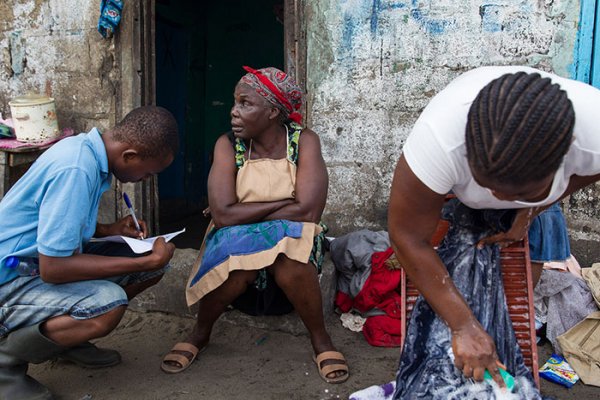Research Ethics
IDDO sets very high standards of conduct for the individuals, teams and institutions involved in the Ebola Data Platform. We recognise our dual ethical responsibilities – to protect the dignity, rights and welfare of the people and communities affected by Ebola, and to ensure that data are used for research that maximises the benefits to these communities, now and in the future. The Platform follows an Ethics Framework, which promotes equitable access to data.

We aim to build a better paradigm for emerging infections research and response. The Ebola Charter sets out our mission and the Ethics Framework defines the principles that guide actions to achieve this mission. These overarching principles cover:
- good governance
- collaboration and capacity strengthening
- timely, accountable data access
- equity and benefits sharing
- community and stakeholder engagement
- promotion of a research agenda
- compliance with laws
- transparency
- managing conflicts of interest
- minimising disputes
- promoting data quality
To strengthen ethics oversight and engagement with national ethics committees in affected countries, approval has been granted by these committees for the Platform governance, its management, and all research undertaken with platform data. A representative of a national health agency is the Platform Lead Investigator in each country.
All platform data are anonymised and managed according to strict security protocols. Requests to access data are decided by an independent Data Access Committee, chaired by a representative of the World Health Organisation, and overseen by the Steering Committee.
